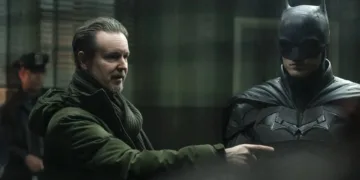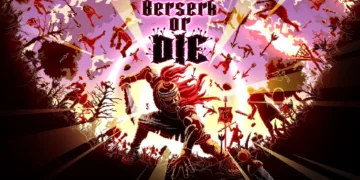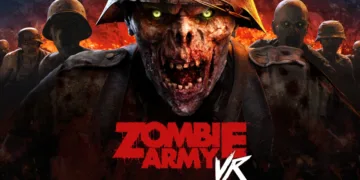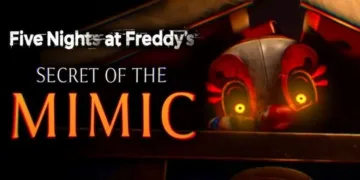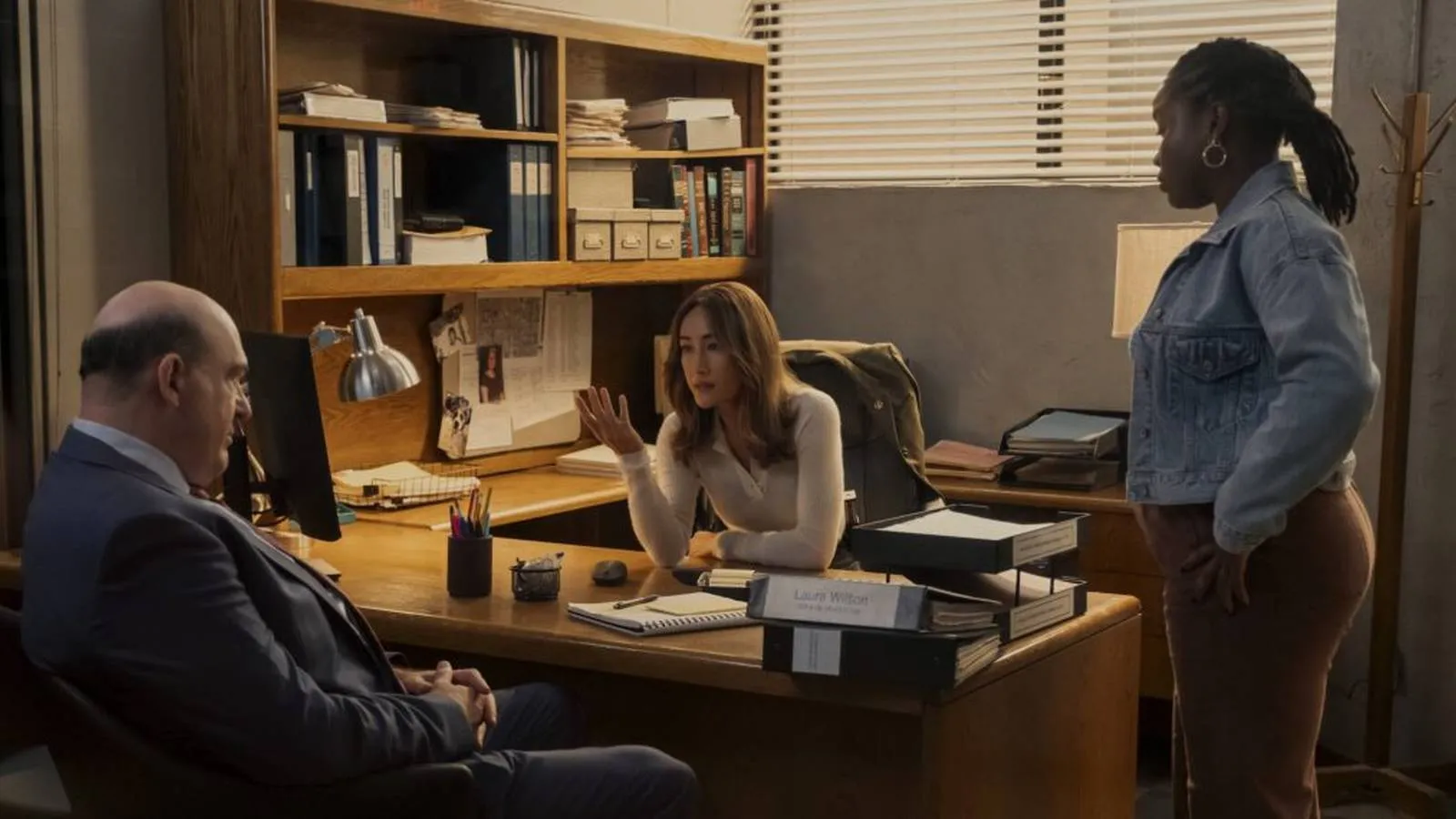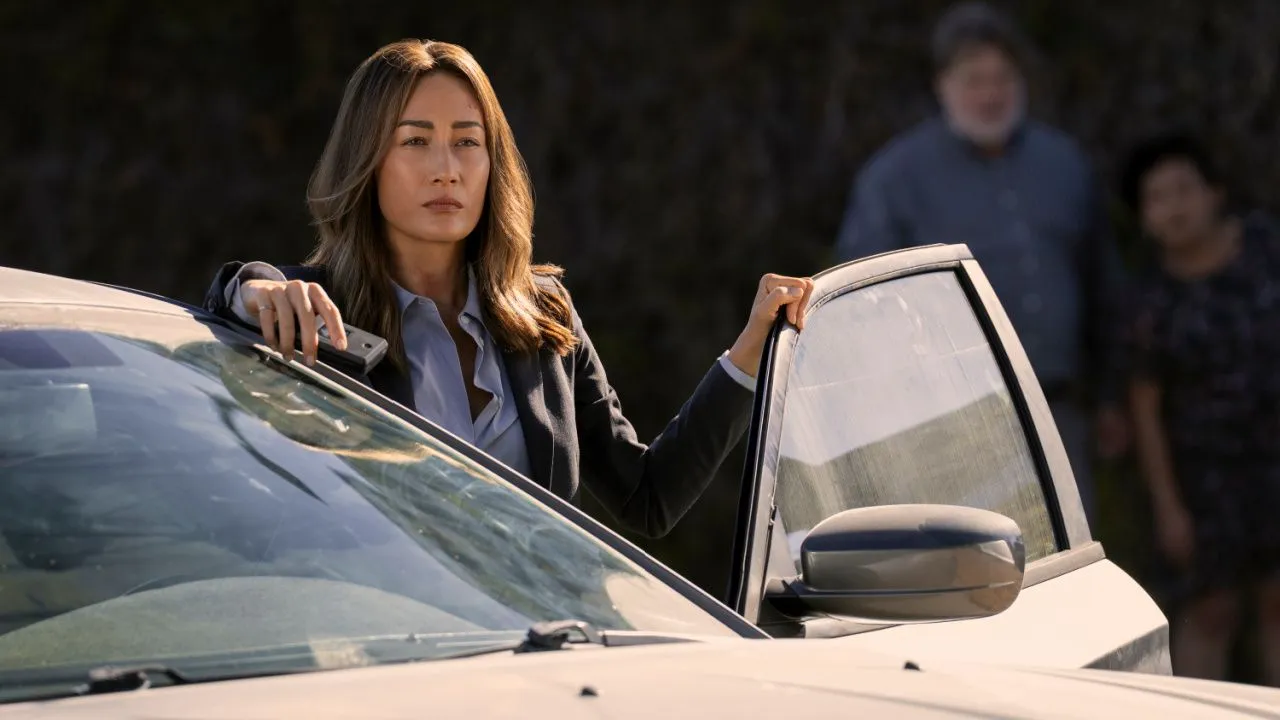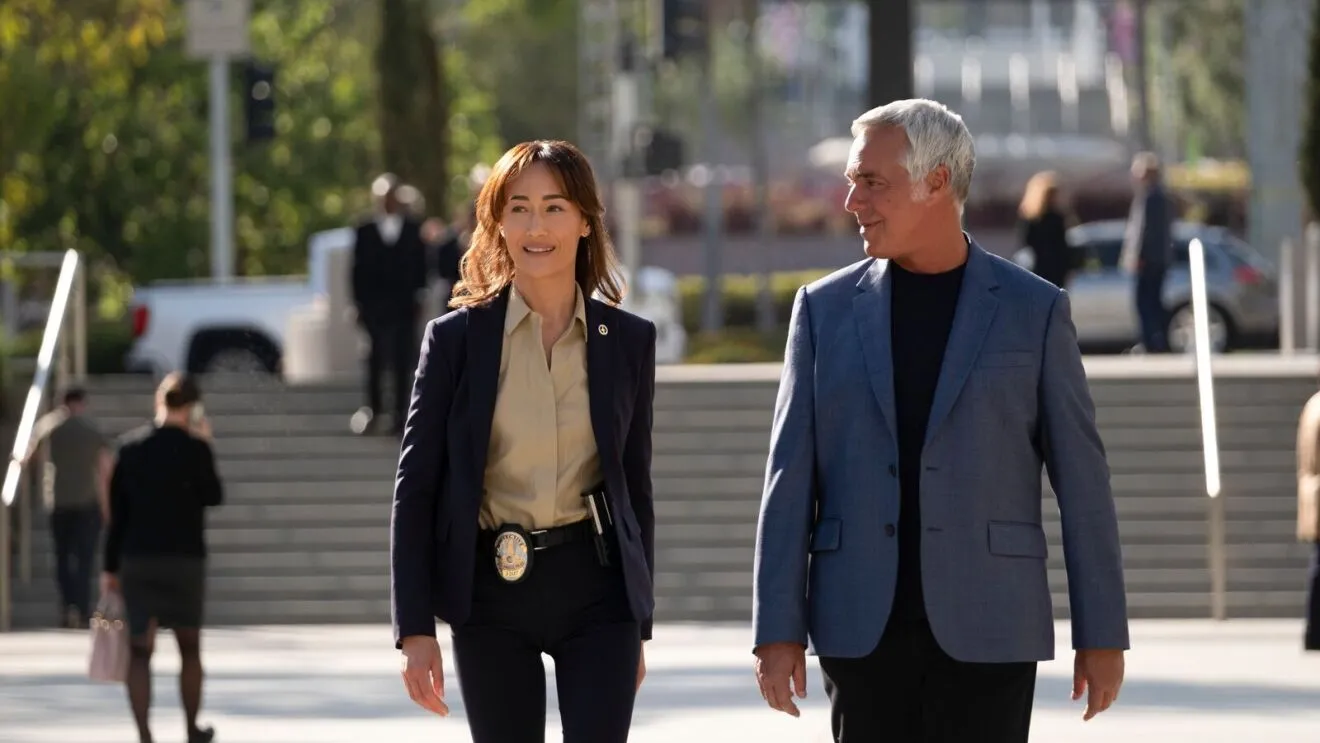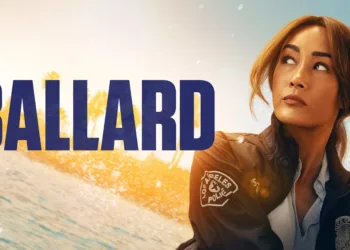Every police procedural universe eventually expands, and the latest addition asks a potent question: what happens to the cases that fall through the cracks? Ballard dives headfirst into that dusty filing cabinet, exploring the neglected world of cold cases through a protagonist who is herself a product of being cast aside.
We meet Detective Renée Ballard, played with a quiet intensity by Maggie Q, as she takes the helm of the LAPD’s new cold case division. This is less a promotion and more a form of exile. Her unit is a shoestring operation, an underdog department staffed by volunteers and department castoffs tasked with solving the crimes everyone else forgot.
While the series breathes the same smog-filled Los Angeles air as its predecessors, it quickly carves out its own territory. This isn’t just another trip through the city’s dark alleys. It’s a story about a team built from the ground up, seeking justice for victims long silenced by time and bureaucracy. The central idea is clear: the past is a living thing, and Ballard is here to prove that its ghosts still have something to say, whether the department wants to hear it or not.
Misfits, Murder, and Management Issues
The heart of the series beats in a basement, where the Cold Case Unit operates like a procedural garage band: under-equipped, a little rough around the edges, but full of spirit. This isn’t a team of elite crime-solvers; it’s a collection of people the LAPD forgot, from a kindly retired detective and an overworked intern to a well-meaning civilian whose belief in psychic energy is both a running gag and occasionally useful. This underdog setup gives the show an immediate and engaging charm. You’re not just rooting for them to solve the crime; you’re rooting for them to keep the lights on.
Their survival hinges on two dangerously intertwined investigations. The first is a high-profile command performance: solve the decades-old murder of a councilman’s sister. It’s a case that comes with its own Sword of Damocles, as the unit’s funding depends entirely on their success.
The second mystery bubbles up from the muck of a seemingly unrelated file, revealing a potential conspiracy of dirty cops. This thread is far more personal, tying directly to the professional wounds that landed Ballard and her new partner, Samira Parker, in this basement in the first place.
Instead of high-octane chases, the show favors the patient archaeology of the cold case. The narrative finds its tension in the slow burn of pulling at old threads, re-examining evidence, and watching as a forgotten story painstakingly clicks into focus. With one case threatening their funding and the other threatening their lives, the biggest mystery is which investigation will break them first.
The Rule-Follower’s Rebellion
In a genre practically built on the loose-cannon cop who treats the rulebook like a list of polite suggestions, Renée Ballard is a fascinating anomaly. She’s a detective whose strict adherence to protocol is precisely what got her banished to the cold case basement.
Her driving principle isn’t a maverick’s quest for vengeance but a quiet, determined mission to give closure to the forgotten. This isn’t about breaking rules; it’s about making them work for people the system wrote off long ago. When she’s not digging through old case files, she’s on a surfboard, a detail that provides a perfect visual metaphor: a search for grace and balance in a life defined by the rigid, often brutal, lines of the law.
Maggie Q plays Ballard not as a firecracker but as a slow-burning fuse. Her performance is a masterclass in controlled intensity. The world-weariness is there in her posture, but the sting of past betrayal flickers in her eyes during tense conversations.
It’s a subdued portrayal that projects competence and a deep well of frustration just beneath the surface. She doesn’t need a big monologue to tell you about her trauma; you see it in the careful way she navigates departmental politics, knowing exactly how the system can turn on you.
This creates a different kind of procedural tension. The drama here isn’t about whether Ballard will cross a line to get her suspect—it’s about whether she can succeed without doing so. Her fidelity to the rules becomes its own form of rebellion, a challenge to a corrupt institution from within. Her biggest fight isn’t against the killers she’s hunting, but against the very system she’s sworn to uphold.
The Island of Misfit Detectives
A lone-wolf detective is only as interesting as the people they refuse to work with, but Ballard wisely surrounds its hero with a team that’s as broken and compelling as the cases they solve. This is no elite task force; it’s a support group with subpoena power.
Anchoring the team is John Carroll Lynch as Thomas Laffont, the semi-retired veteran who brings a comforting, paternal presence. He’s the steady hand and the voice of seasoned experience, a perfect counterbalance to the unit’s chaotic energy.
The show’s emotional core, however, is the partnership between Ballard and Samira Parker, another sharp detective sidelined by the department’s toxic politics. Played with fierce vulnerability by Courtney Taylor, Parker is Ballard’s reflection in a cracked mirror. Their initial interactions are a masterclass in guarded respect, two wary allies circling each other before realizing they’re fighting the same war. Their growing trust forms the season’s most vital relationship.
Rounding out the squad is a delightful trio of volunteers who prevent the show from sinking under the weight of its grim subject matter. There’s the bubbly, possibly psychic Colleen, who analyzes crime scenes for bad vibes; the insufferably smug reservist Ted, a rich guy who slowly learns he’s not the main character; and the perpetually exhausted intern Martina, who seems to be powered exclusively by coffee and college credits.
This collection of outsiders shouldn’t work, but their shared status as rejects creates a surprisingly effective and endearing dynamic. Their greatest asset isn’t their skill set; it’s that no one in power ever sees them coming.
Anxiety of Influence
For a series born from such a specific, noir-drenched world, Ballard makes a bold choice to step into the light. It swaps the brooding, jazz-soaked nights of Hollywood for the sun-bleached, salt-sprayed afternoons of the West Side. The grit is still there, but it’s a different flavor—less Philip Marlowe, more existential dread under a bright blue sky.
This geographical pivot signals a clear tonal shift. While the approach to crime remains serious, the atmosphere has a different rhythm, replacing smoky melancholy with a crisp, sometimes unsettling, clarity. It’s a choice that immediately distances the show from the shadow of its famous predecessor.
Yet, that shadow lingers. The series walks a precarious tightrope with its legacy characters, chief among them Harry Bosch himself. His appearances function as a kind of mentorship, a nod of approval from the old guard. For fans, these cameos are welcome touchstones of continuity.
The question is whether they are a narrative necessity or a safety net. At times, the show seems hesitant to fully let go, raising the classic spin-off dilemma: do these familiar faces enrich the world, or do they keep the new series from standing firmly on its own two feet?
Ultimately, what truly defines Ballard is not its connection to the past, but its sharp focus on a different set of themes. This is a story filtered through a lens of institutional sexism and the specific trauma faced by women in a system built by men. By centering these perspectives, the show finds a powerful and distinct voice that justifies its existence far more than any cameo ever could.
The Slow Unravel
Ballard opens with a bold choice: dropping the audience directly into the middle of a chase, a narrative gamble that demands immediate trust. This in media res opening sets the tone for a show that values patience. The storytelling is a deliberate, methodical burn, designed to immerse you in the painstaking process of sifting through decades-old evidence. It’s a rhythm that mirrors the work itself—slow, meticulous, and occasionally frustrating.
While the core investigations are gripping, the pacing sometimes wobbles. Certain subplots and character moments linger a bit too long, threatening to stall the momentum before a new lead pulls the narrative back on track. This unevenness is a minor flaw in a structure that otherwise pays off handsomely.
By the finale, the seemingly disparate threads of conspiracy, old murders, and personal histories have been woven together with satisfying precision. The season resolves its central mysteries but ends with a sharp turn, leaving you to wonder if the past they just solved was merely a prelude to a far more dangerous future.
The 10‑episode series premieres July 9, 2025 on Prime Video.
Full Credits
Directors: Patrick Cady, Jet Wilkinson, Sarah Boyd, Tori Garrett, Jon Huertas, Logan Kibens, Nefertite Nguvu
Writers: Michael Alaimo, Kendall Sherwood, Julissa Castillo, Brandi Nicole, Thania St. John, Liz Hsiao Lan Alper, John Coveny, Ralph Gifford, Galeesa Murph
Producers and Executive Producers: Michael Connelly, Michael Alaimo, Kendall Sherwood, Trish Hofmann, Jet Wilkinson, Melissa Aouate, Eric Overmyer, Henrik Bastin, Michael Alaimo (again), Michael Alaimo, Melissa Aouate
Cast: Maggie Q, Courtney Taylor, Michael Mosley, Rebecca Field, Victoria Moroles, Amy Hill, John Carroll Lynch, Noah Bean, Hector Hugo, Michael Cassidy, Ricardo Chavira, Alain Uy, Brendan Sexton III, Jim Rash, Brian Letscher, Sharif Atkins, Cat Novella, Romi Dias, Kevin Dunn, Titus Welliver
Directors of Photography (Cinematographers): Gavin Kelly, Cynthia Pusheck
Editors (selected): Avril Beukes, Eli Nilsen, Sharidan Sotelo, Augie Robles
Composer: Jeff Russo
The Review
Ballard
Ballard successfully steps out of a formidable shadow to become a compelling procedural in its own right. Powered by Maggie Q’s quietly intense lead performance and an endearing team of misfits, the series thrives when focused on its methodical cases and sharp thematic explorations of institutional failure. While its pacing occasionally falters and its reliance on legacy cameos can feel like a safety net, this is a smart, character-driven crime drama that proves there are still new stories to tell in familiar territory. It's a worthy watch for any fan of the genre.
PROS
- A strong, nuanced lead performance from Maggie Q.
- An engaging ensemble cast of well-drawn supporting characters.
- A distinct tone that sets it apart from its predecessor.
- Thoughtful and methodical storytelling that respects the viewer's intelligence.
CONS
- Uneven pacing can slow the narrative momentum at times.
- Sometimes struggles to establish its own identity, leaning on legacy cameos.
- The slow-burn narrative may not appeal to all viewers.













